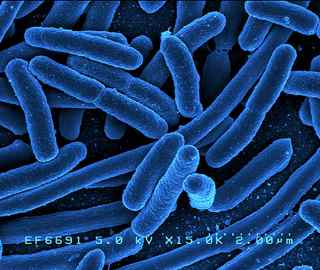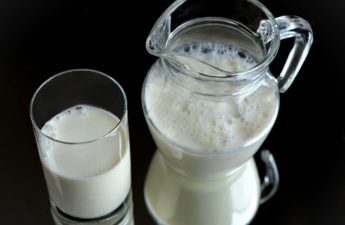
OLYMPIA — The Washington State Department of Health (DOH) is working with local health jurisdictions to respond to a multi-county outbreak of E. coli O157:H7 that may be linked to fresh produce.
The outbreak currently includes six confirmed cases across Benton County (1), King County (3), Snohomish County (1) and Walla Walla County (1). DOH is only reporting confirmed cases infected with bacteria that have been genetically linked, but local health officials may report higher numbers for their counties that include cases still under investigation.
There is one case in the outbreak between ages 0-9, two cases age 10-19, one case age 20-29, one age 30-39, and one case age 70-79. Three cases have been hospitalized and one case developed hemolytic uremic syndrome (HUS).
HUS is a serious complication of E. coli O157:H7 infection that can damage the kidneys and other organs. The earliest case in the outbreak started having symptoms March 9, and the most recent case had symptoms starting April 21.
DOH is coordinating with local health jurisdictions to identify cases related to the outbreak using genetic testing of the bacteria and investigating possible causes. In this type of investigation, public health staff interview cases, look for commonalities and work with local and federal partners to trace back foods that may have caused the illness.
These investigations sometimes lead to a definitive source of contamination or exposure, but it is not always possible to determine the cause. DOH will provide more information on the outbreak as it becomes available.
E. coli are bacteria that normally live in the intestines of humans and animals. Although most strains are harmless, some can cause illness by making Shiga toxin. Symptoms of an E. coli infection include diarrhea, stomach cramps and blood in the stool. There is usually no fever.
“This outbreak is a reminder of the importance of food safety from farm to fork, especially fresh produce. We can all help reduce E. coli O157:H7 infections by washing our hands properly, scrubbing produce before eating, cooking foods thoroughly and choosing pasteurized milk products,” said Acting State Health Officer Scott Lindquist. “E. coliO157:H7 infections can cause serious complications, so make sure to contact your health care provider right away if you notice symptoms, especially bloody diarrhea.”
Here’s what you can do to prevent E. coli infection:
- Wash your hands carefully with soap after using the toilet, changing a child’s diaper, handling raw meat or touching farm animals.
- Do not eat raw beef or raw or under-cooked hamburger or other ground meat products. Cook all ground beef to 160 degrees F.
- Keep ready-to-eat foods like raw vegetables away from raw meat.
- Rinse fresh produce under running water before cutting or eating. Scrub the surface of the produce in the running water as much as possible.
- Drink only pasteurized milk and fruit juices.
- Wash kitchen utensils and counter tops with soap and water after they touch raw meat.
- If you have diarrhea, do not swim in pools or lakes and do not prepare food for others. Keep children in diapers out of pools and lakes.
- Avoid swallowing water when swimming or playing in lakes, ponds, streams and pools.
Learn more about food safety on the DOH website.


